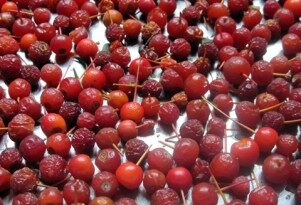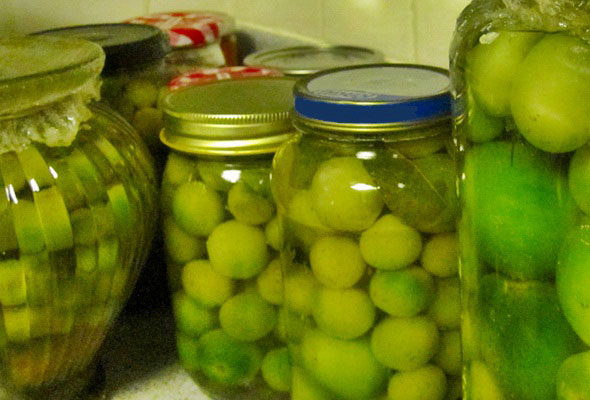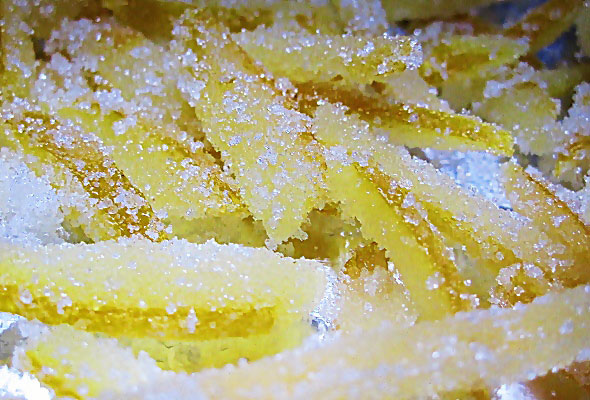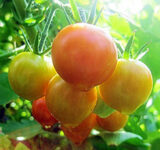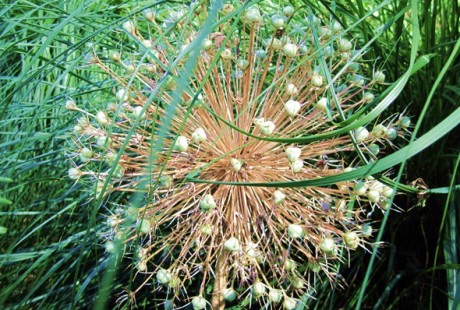Lozanges, Syrups, Tinctures and Tisanes
Herbal preparations meant to be ingested are typically brewed into tisanes, combined with honey and sugar to make lozenges and syrups, or steeped in alcohol to create tinctures.
A tea without tea leaves or caffeine, brewed for its therapeutic properties, is called a tisane or herbal tea.
Although tisanes have active medicinal ingredients, they are so diluted that they require consumption in large quantities, usually two cups daily, to show any effects.
The only difference between medicinal syrups and culinary syrups is that medicinal ones extract active ingredients by steeping in herbs, which are removed at the end.
Lozenges are medicated toffees prepared with herbal teas instead of water. To soothe a sore throat, use either peppermint or plantago. For stomach upsets, ginger, mint, and cinnamon work well. For a fever, try feverfew or chamomile. For cough, elderberry or balsam fir needles.
Tinctures make use of dry ingredients such as cinnamon sticks, cloves, peppercorns, or citrus peel, and are meant to be used in small quantities, 1 teaspoon at a time.
The main quality that recommends them is their indefinite shelf life.
Herbal preparations are less precise and potent than medication, and they are not meant to serve as a substitute. They may not have targeted rapid action, but they do have a soothing and comforting effect. When the sniffles come around, who doesn’t reach for a warm cup of herbal tea with honey?




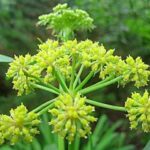 Previous Post
Previous Post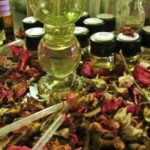 Next Post
Next Post
